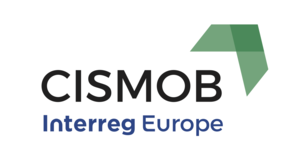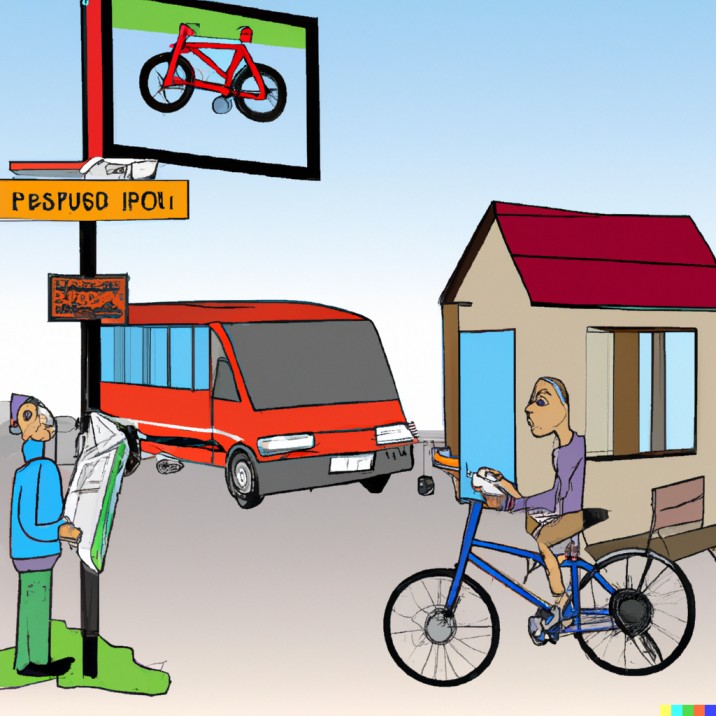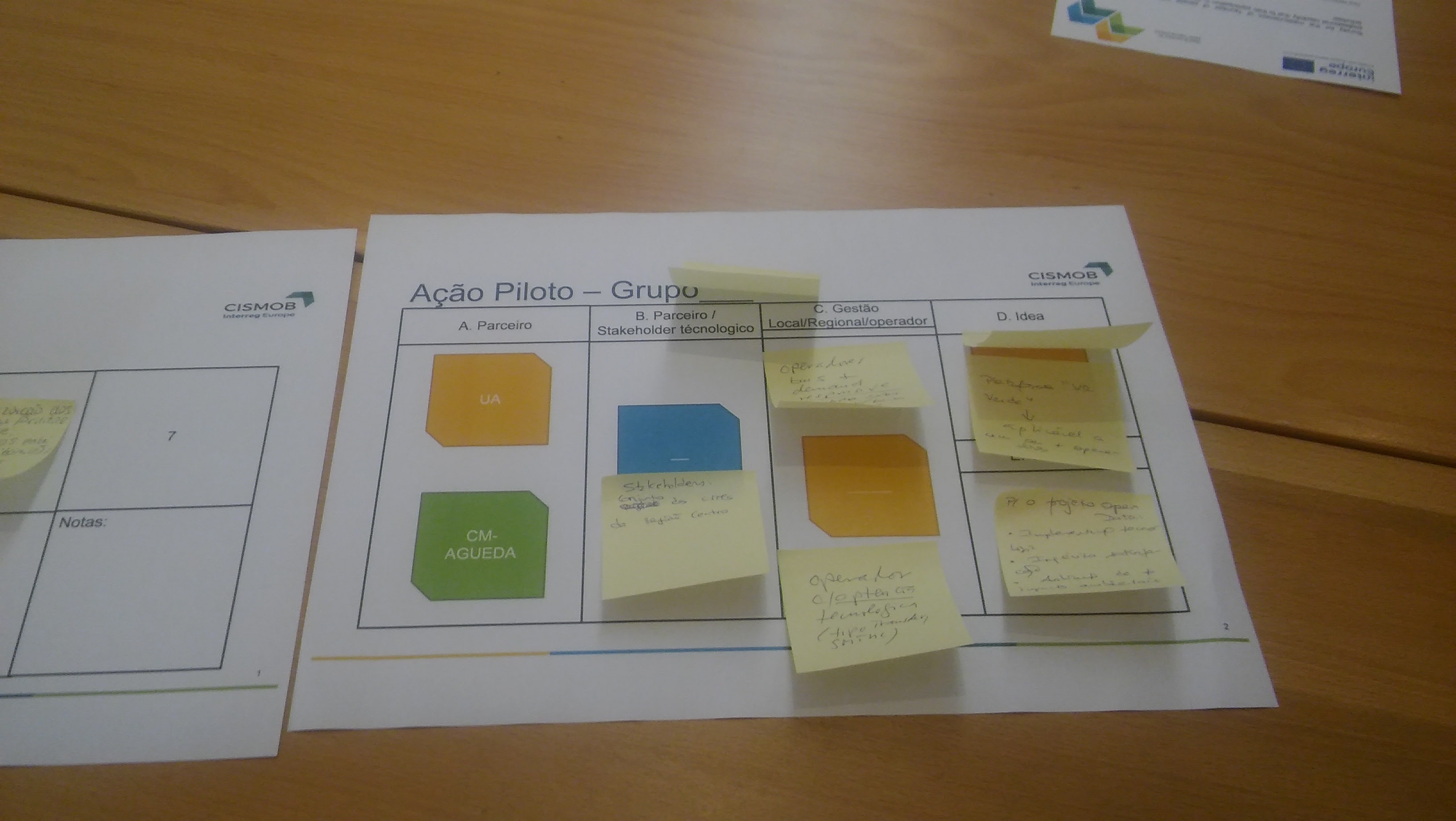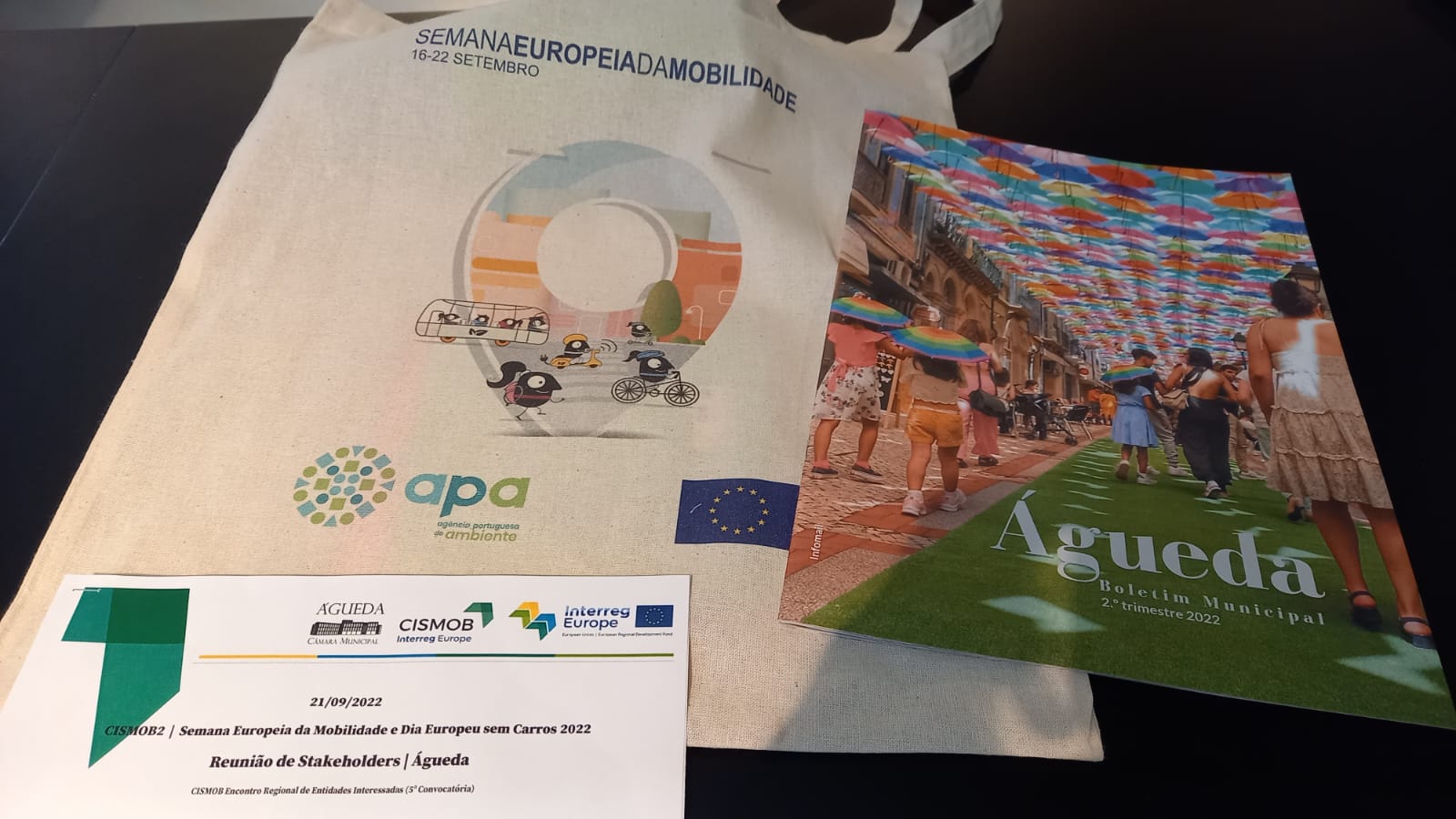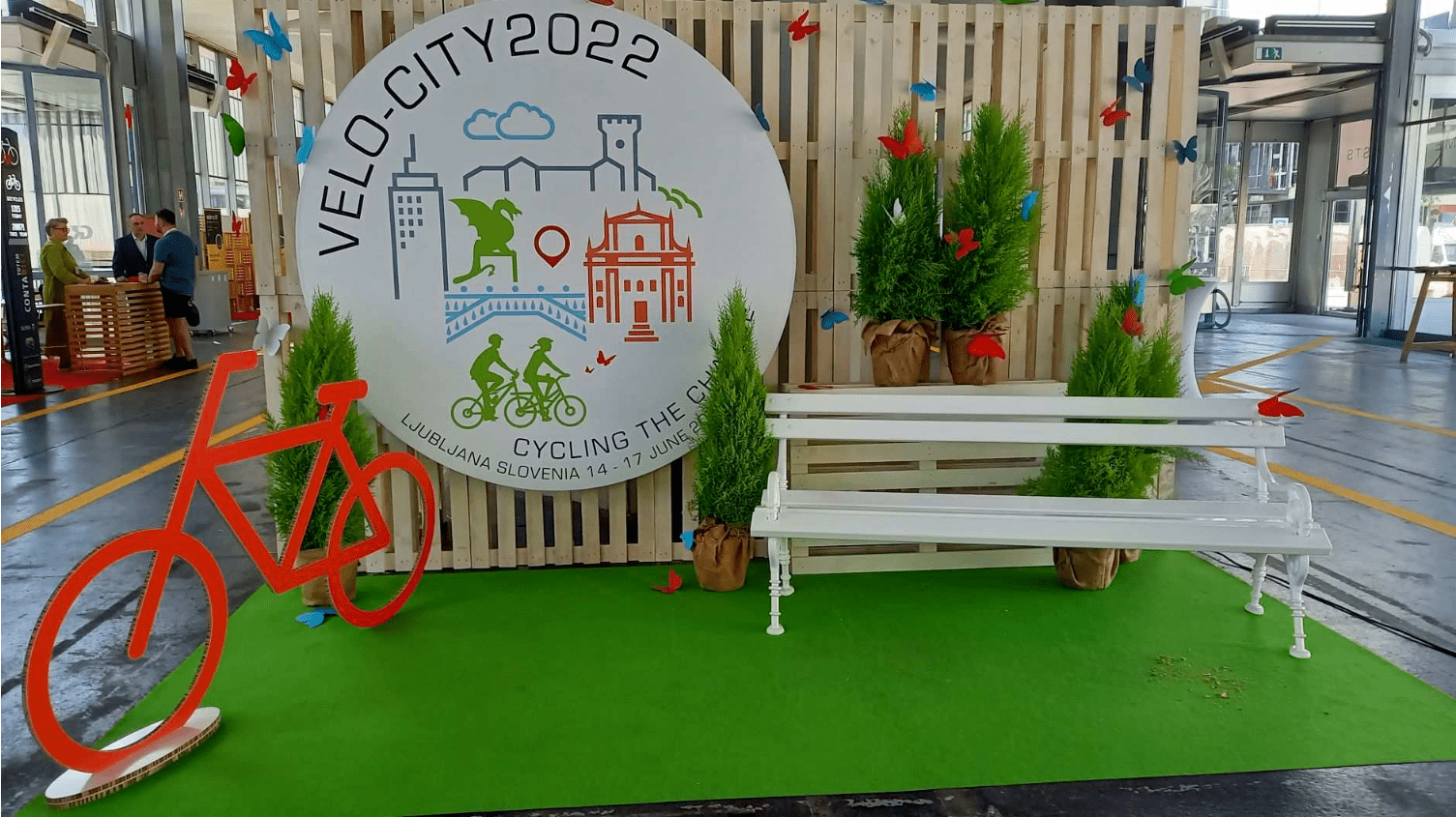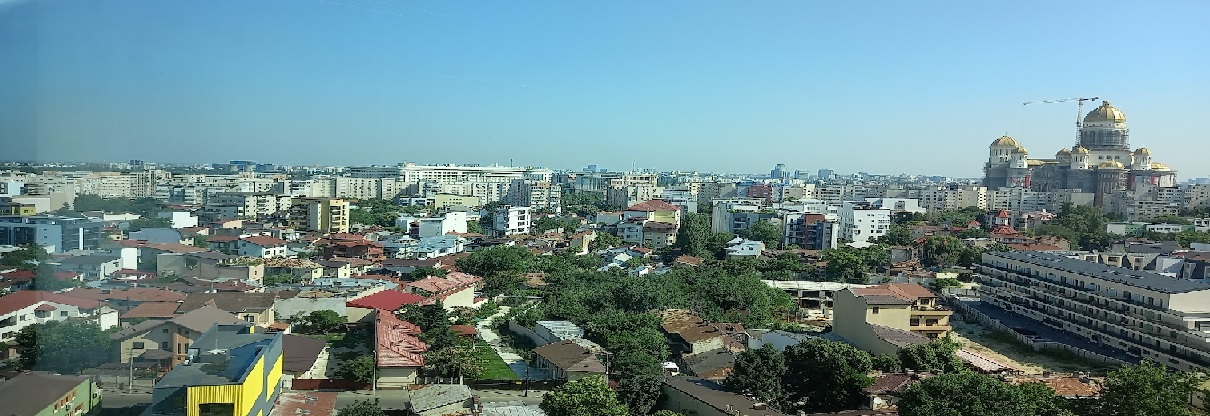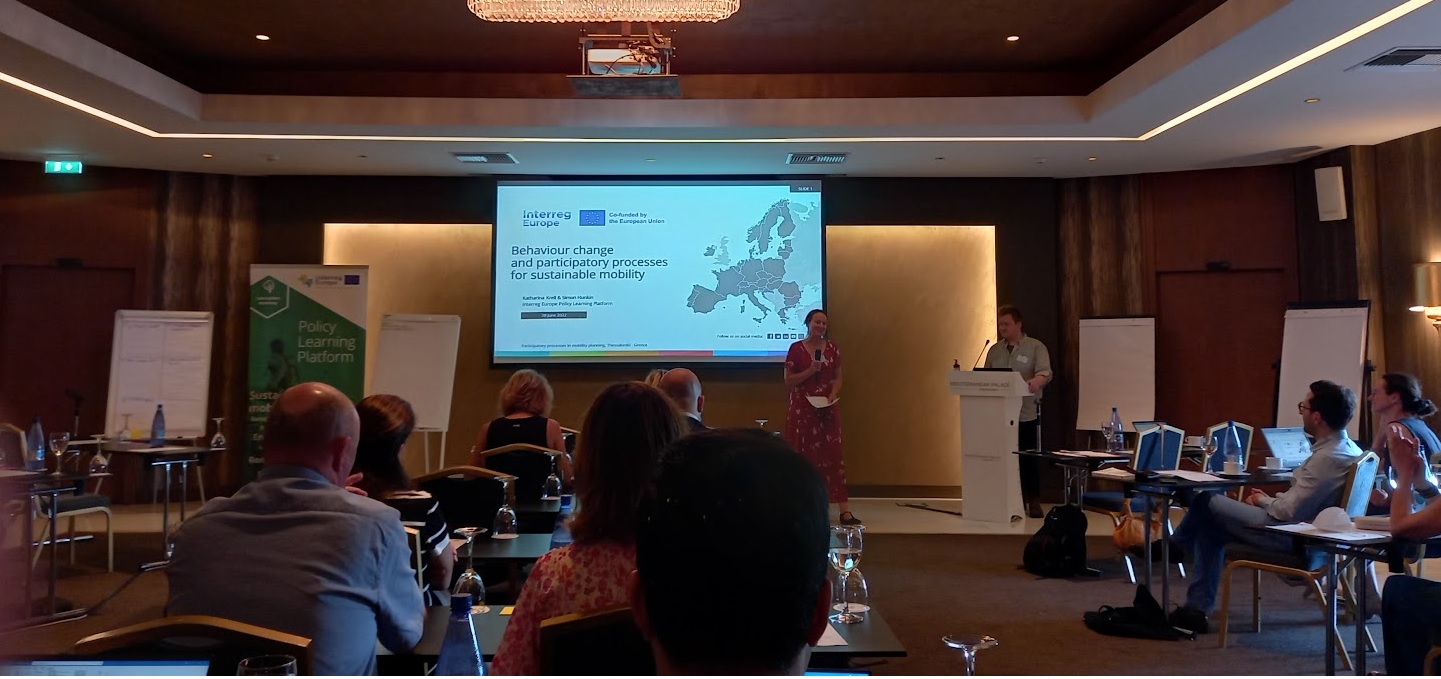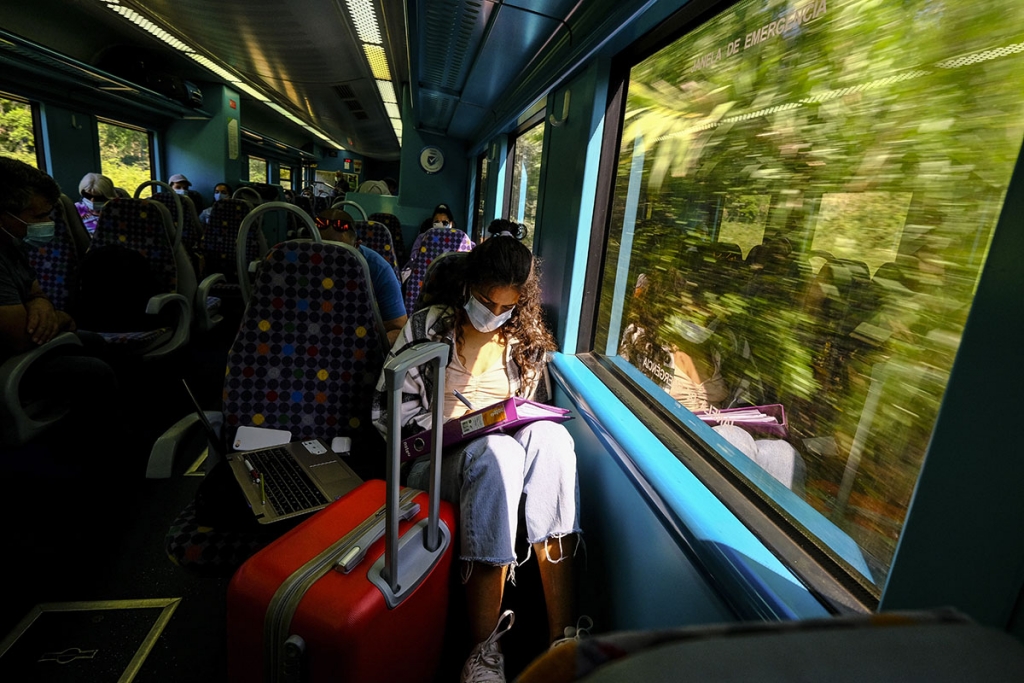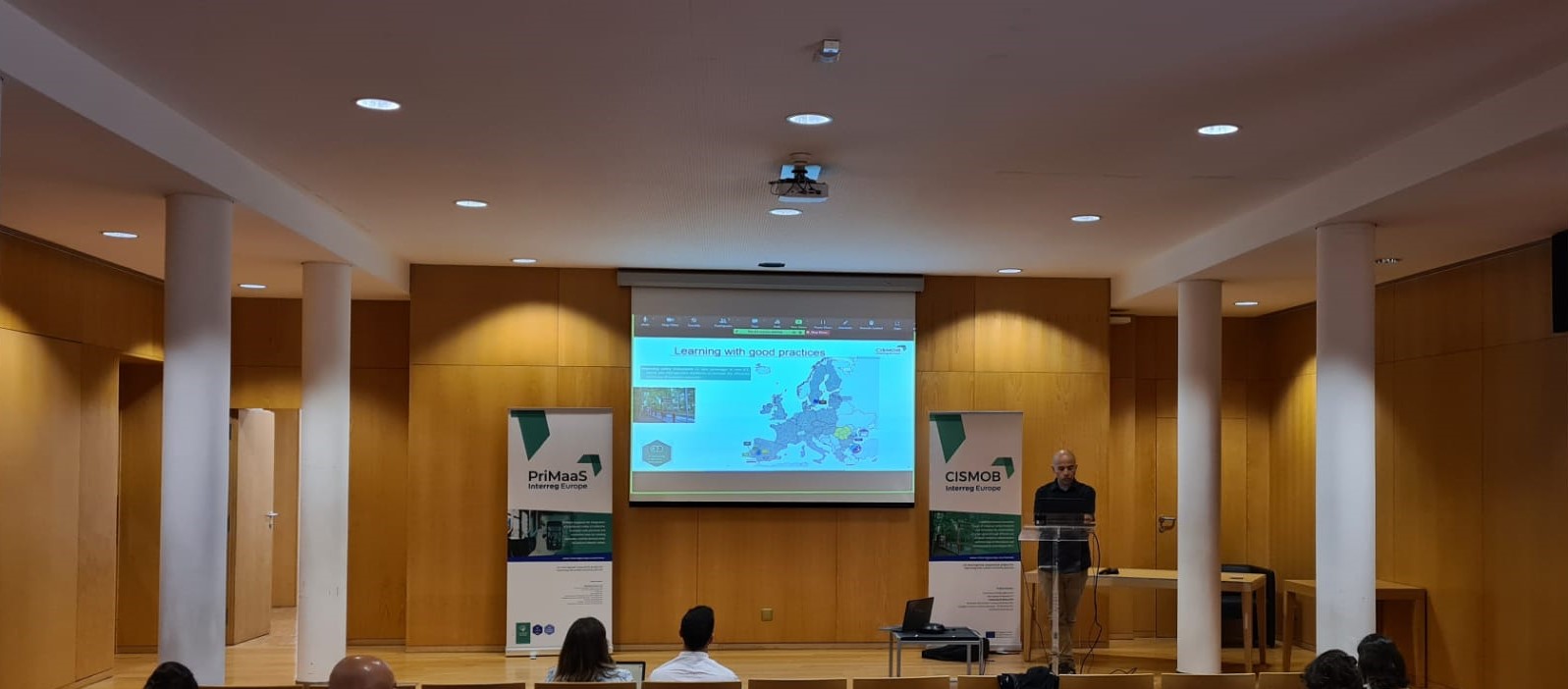As PP of the Interreg Europe Project InnovaSUMP, the Municipality of Viseu invited CISMOB Lead Partner to take part in the 4th Regional Stakeholder Meeting of the InnovaSUMP project.
In the opening session, a representative of the Municipality of Viseu emphasized the importance of the Stakeholder group for the success of the Projects. The meeting was mainly focused on discussing the actions integrating the action plan for the Sustainable Urban Mobility Plan for the Municipality of Viseu. The meeting gathered among others, researchers from the Universities of Aveiro and Coimbra, and Polytechnic Institute of Viseu, representatives of regional authorities, Centro Regional Coordination and Development Commission, and CEiiA - Centre of Engineering and Product Development.
Various issues regarding current and future mobility were raised, in particular, related to the increasing trend in tourism, the need for accessibility in terms of older people and also due to low density populated areas in the surroundings of the city of Viseu, the need to prepare the city for electric vehicles, and related to the growth of private vehicles in the city centre. Questions related to safety for cyclists were also discussed.
The impacts of urban logistics, which are considered vital for cities, were discussed mainly regarding load and unload time periods, and also considering a scenario of restrictions (e.g., implementation of an urban distribution center and only small cargo electric vehicles are allowed to enter the city).
A key measure involves improving the urban public transport offer, fleet renewal for more efficient and environmentally friendly cars and buses, developing apps for real-time information for the public, implementing transport on-demand services for low densely populated areas, and also invest in the construction of the eco-bicycle paths around the city. Reliability of public transport was referred to as crucial for attracting new users and retain current users.
The University of Aveiro as CISMOB LP shared its experience in promoting innovative ways to reduce carbon footprint and increase the sustainability of urban areas by improving the efficiency in the use of urban transport infrastructure through ICT.
